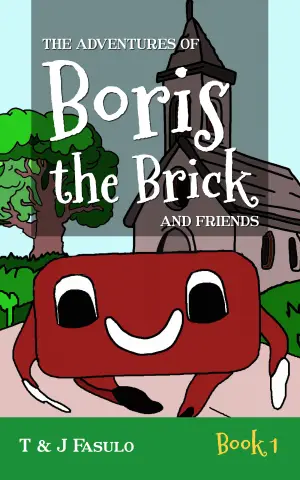
02 May Book Review of Story Genius: How to Use Brain Science to Go Beyond Out…
A Deep Dive into Story Genius: Enthused by Brain Science, Disappointed by Gimmicks
Lisa Cron’s Story Genius: How to Use Brain Science to Go Beyond Outlining and Write a Riveting Novel had me at its ambitious title. As someone who finds joy in the intersection of neuroscience and storytelling, the promise of a deeper understanding of the writing process through the lens of brain science was tantalizing. I dove in, eager to glean insights that would revolutionize my approach to narrative. Unfortunately, what followed was a rather disheartening experience that left my expectations in shambles.
The book’s main thrust revolves around the significance of internal conflict over external plot points, a theme wrapped in a packaging of "brain science" claims. Throughout the text, Cron insists these techniques are fresh and groundbreaking, a departure from traditional writing advice. Yet, I found this insistence troubling. With the emphasis on character complexity and internal struggles being common knowledge for many writers, especially those of us who teach creative writing, it felt more like a rehash of widely accepted principles rather than true innovation.
Her spirited guidance is peppered with catchy yet nebulous statements about how "brain science says…" without substantial backing. I was left scratching my head, wondering where the neuroscience was hiding. Out of 267 pages, I found scant references to actual studies—most of them mere paraphrases or blanket statements lacking evidence. This tactic felt disingenuous, as if the allure of "science" was more of a marketing gimmick than a genuine focus of the book.
Cron does illustrate her points using a work-in-progress novel as a test case, which I initially found refreshing. However, as the narrative unfolded, it began to distort into something almost unrecognizable—a convoluted tale about a woman and her complex relationship with a dog, turned into a hijacked plot driven by extreme measures for character growth. While I admire the vulnerability of sharing an unfinished work, I couldn’t help but feel that a more balanced approach to developing internal conflict would have served the story better.
That said, there are nuggets of wisdom in Story Genius worth noting. The notion that the internal conflict should be the engine driving each scene is a vital reminder for any writer. Characters, too, deserve to be well-rounded, not mere vehicles for sensational plot twists. Intriguingly, Cron asserts that "story’s purpose evolved from simply decoding the mysteries of the physical world," which resonated with me, but without a solid foundation in neuroscience to back it up, it fell flat.
In truth, I experienced more frustration than delight while reading. Had Cron stripped away the unsubstantiated claims and repositioned her focus on concrete writing techniques without framing them as revolutionary, Story Genius might have offered a fulfilling reading experience.
Ultimately, this book might serve new writers or those unfamiliar with character development techniques. However, for more seasoned storytellers seeking profound insights, the lack of authentic integration of neuroscience is likely to be a letdown. I wish I could have felt inspired rather than defeated, but I suppose the takeaway is a commitment to keeping storytelling genuine, driven by real human experiences rather than exaggerated extremes.
If you share my passion for blending disciplines, you might find yourself wandering down this path getting lost instead of enlightened, much like I did. Happy reading!
Discover more about Story Genius: How to Use Brain Science to Go Beyond Out… on GoodReads >>









